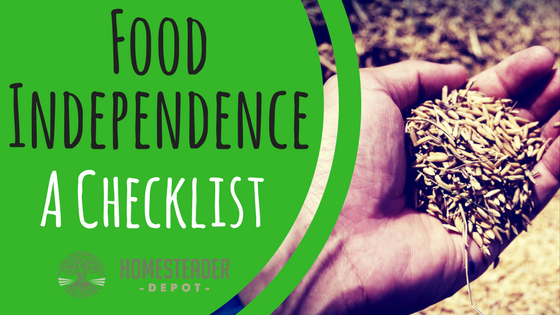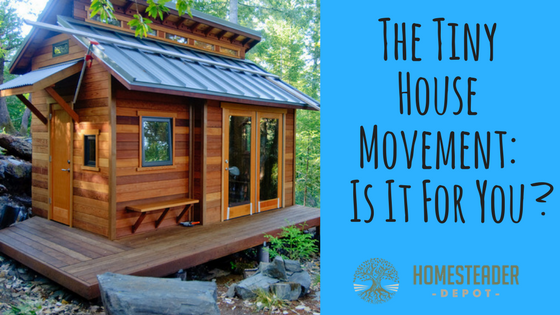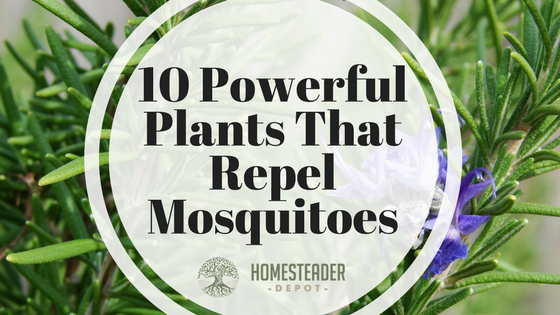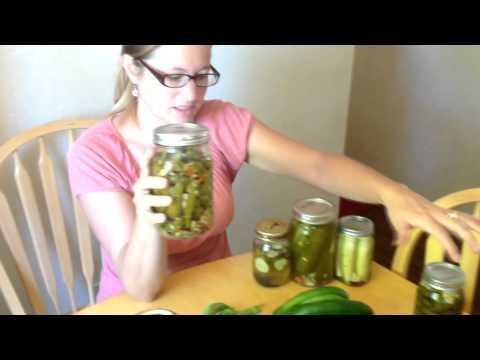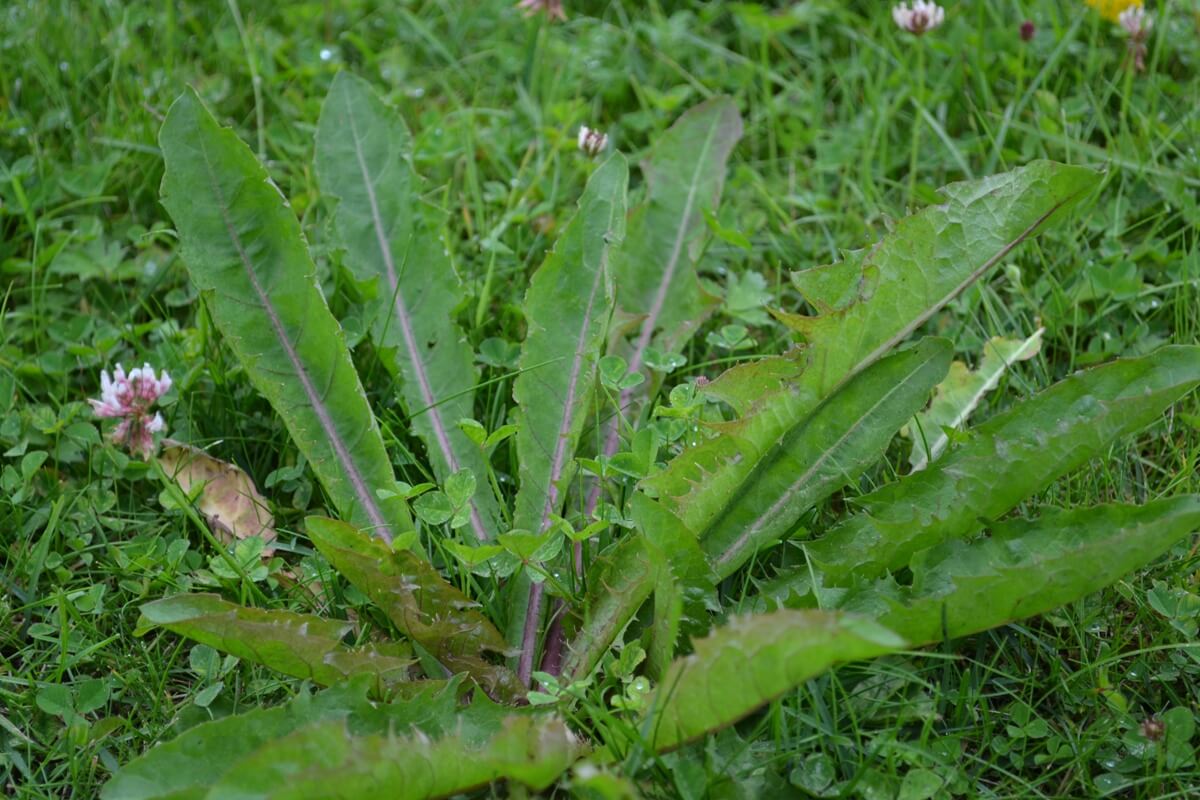18 Ways to Become Food Independent
The ultimate goal of homesteading for many is to be completely self-sufficient, and entirely food independent. There’s nothing as empowering as growing and making your own. While getting 100% of your food from your own land might be setting one’s sights pretty high, there’s nothing wrong with aiming for it! The thing is, while most people … Read more

